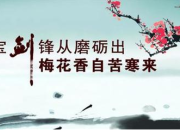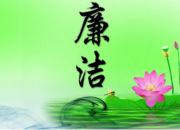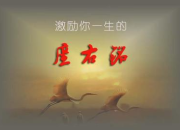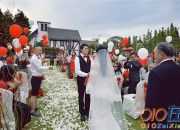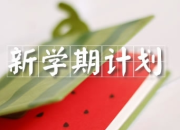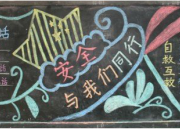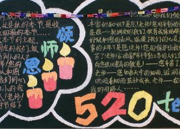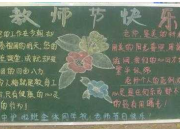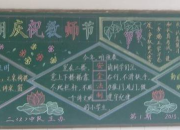春节的英语作文结尾
时间:2021-08-31写文章时一个好的结尾可以升华这篇文章的立意,春节的英语作文结尾怎么写呢?下面是小编整理的春节的英语作文结尾,仅供参考。
春节的'英语作文结尾一
The next morning, people don’t eat meat. Instead, they have vegetable dish. And then, adults will visit their friends and relatives with their children. It’s a good job for children because they can get more lucky money to buy things they like.
春节的英语作文结尾二
The Spring Festival lasts about 15 days long .People visit relatives and friends with the words “Have all your wishes ”. People enjoy the Spring Festival ,during this time they can have a good rest .
春节的英语作文结尾三
To the ordinary Chinese, the festival actually begins on the eve of the lunar New Year's Day and ends on the fifth day of the first month of the lunar calendar. But the 15th of the first month, which normally is called the Lantern Festival, means the official end of the Spring Festival in many parts of the country.
春节的英语作文结尾四
From then on, the tradition of observing the conquest of Nian is carried on from generation to generation. The term "Guo Nian", which may mean "Survive the Nian" becomes today "Celebrate the (New) Year" as the word "guo" in Chinese having both the meaning of "pass-over" and "observe". The custom of putting up red paper and firing fire-crackers to scare away Nian should it have a chance to run loose is still around. However, people today have long forgotten why they are doing all this, except that they feel the color and the sound add to the excitement of the celebration.
春节的英语作文结尾五
In south China, the favorite and most typical dishes were nian gao, sweet steamed glutinous rice(糯米)pudding and zong zi (glutinous rice wrapped up in reed(芦苇)leaves), another popular delicacy.
In the north, steamed-wheat bread (man tou) and small meat dumplings were the preferred food. The tremendous amount of food prepared at this time was meant to symbolize abundance and wealth for the household.
【春节的英语作文结尾】相关文章:
1.英语作文:春
3.英语作文开头结尾
4.英语春节作文结尾
5.国庆节的作文结尾
6.元宵节的作文结尾
